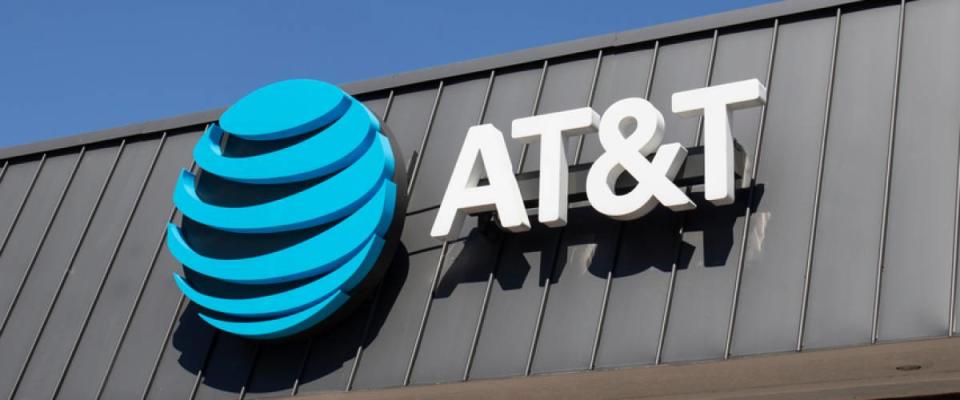Charlie Munger: This market is 'even crazier' than the dot-com bust — here are 3 contrarian stocks to help you sidestep the herd

Berkshire Hathaway Vice Chairman Charlie Munger tends to be much more direct with his warnings and criticisms than his business partner, Warren Buffett.
Munger didn’t mince words when he said earlier this month that he considers today’s stock market environment “even crazier than the dot-com era.”
"I just can't stand participating in these insane booms,” Munger said at the Sohn Hearts & Minds Investment Leaders Conference. “There's no great company that can't be turned into a bad investment just by raising the price."
Munger, as usual, had harsh words for cryptocurrencies. He praised China’s crackdown on crypto and said he wished the technology “had never been invented.”
One way to avoid both crypto and getting burned by an overvalued market is to look at companies with stock that has dropped but seems poised for a rebound.
Here are three stocks with some bruises that fit that category. You might even be able to include some undervalued stocks in your portfolio with a little spare change.
Walt Disney Co. (DIS)

Disney’s stock got hammered in the pandemic’s early days, shedding about 38% of its value in the month ending March 20, 2020. After rallying for much of last year, it’s down almost 15% since the beginning of 2021. Disney’s earnings in the fiscal fourth quarter, which ended Oct. 2, came in about $200 million short of expectations. Its theme parks are still operating at reduced capacity, so Q4’s results could have been much worse.
Streaming platform Disney+ is up to 118.1 million subscribers, and the company projects that figure will grow to more than 230 million by 2024. While the company says Disney+ subscriber growth slowed, revenue from subscriptions across Disney+, ESPN+ and Hulu was $4.6 billion in Q4 — 38% higher than a year before.
Disney remains a beloved global brand and says it expects international visitors to parks to pick up later in 2022 as restrictions ease. JPMorgan Chase predicts a full economic rebound from COVID-19 in 2022, and if that’s true, Disney’s theme parks could once again be packed.
Mastercard (MA)

Mastercard’s stock has been mostly trending downward since July, and it recently hit the skids, shrinking by 17% from Nov. 16 through Dec. 1. However, it’s trending upward over the last week or so, recovering most of that recent loss.
The sell-off of Mastercard’s stock doesn’t appear to have anything to do with the company’s performance. Q3 net revenue was $5 billion, a year-over-year increase of 30%. Purchase volume was up 23% over the same period.
Mastercard’s in a tricky position. Buy now, pay later apps are doing their best to disrupt the credit card space, and the company doesn’t currently seem to have an answer that will help increase the company’s cache with younger users.
But that could be more of a long-term issue. In the short-term, inflation-jacked prices mean customers are paying more, and a rebound in tourism and credit card spending should have the company’s users — there’s almost a billion of them — ringing up purchases left and right.
AT&T (T)

AT&T’s stock has been on a downward tumble for a while now. Its share price is 45% lower than it was five years ago, and is down more than 22% this year alone.
AT&T has taken some big swings that haven’t paid off. Its purchase of DirecTV and Time Warner in 2015 and 2018, respectively, added more than $130 billion in debt to the company’s balance sheet. Last year, T-Mobile replaced AT&T as America’s second-largest wireless carrier.
None of that sounds particularly enticing, but the company knows changes need to be made. It divested a number of its smaller businesses and some of its real estate holdings and sold 30% of DirecTV to streamline operations and free up capital for the expansion of its 5G network, which could be huge.
AT&T is still a risky buy with its stumbles this year, but if you believe in the turnaround plan, the anxiety might be worthwhile. Big picture, AT&T continues to boast the scale advantages required to compete in the high-growth wireless space long term.
If your faith in the market is flagging …

With elite investors like Charlie Munger, Michael Burry and Jeremy Grantham all saying the market is due for a correction, it might be worth looking into investments other than stocks.
There’s no shortage of unique alternative assets you can invest in that have little correlation with the stock market, including luxury vehicles, commercial real estate, blue-chip artworks or even marine finance.
Traditionally, many alternative asset classes have only been available to millionaires because of the enormous costs involved. But a new platform is making these opportunities available to retail investors too.
This article provides information only and should not be construed as advice. It is provided without warranty of any kind.
